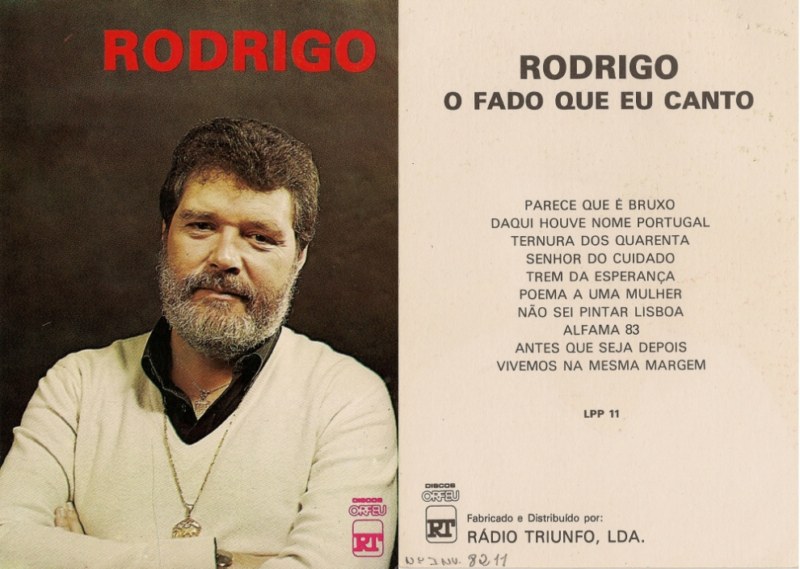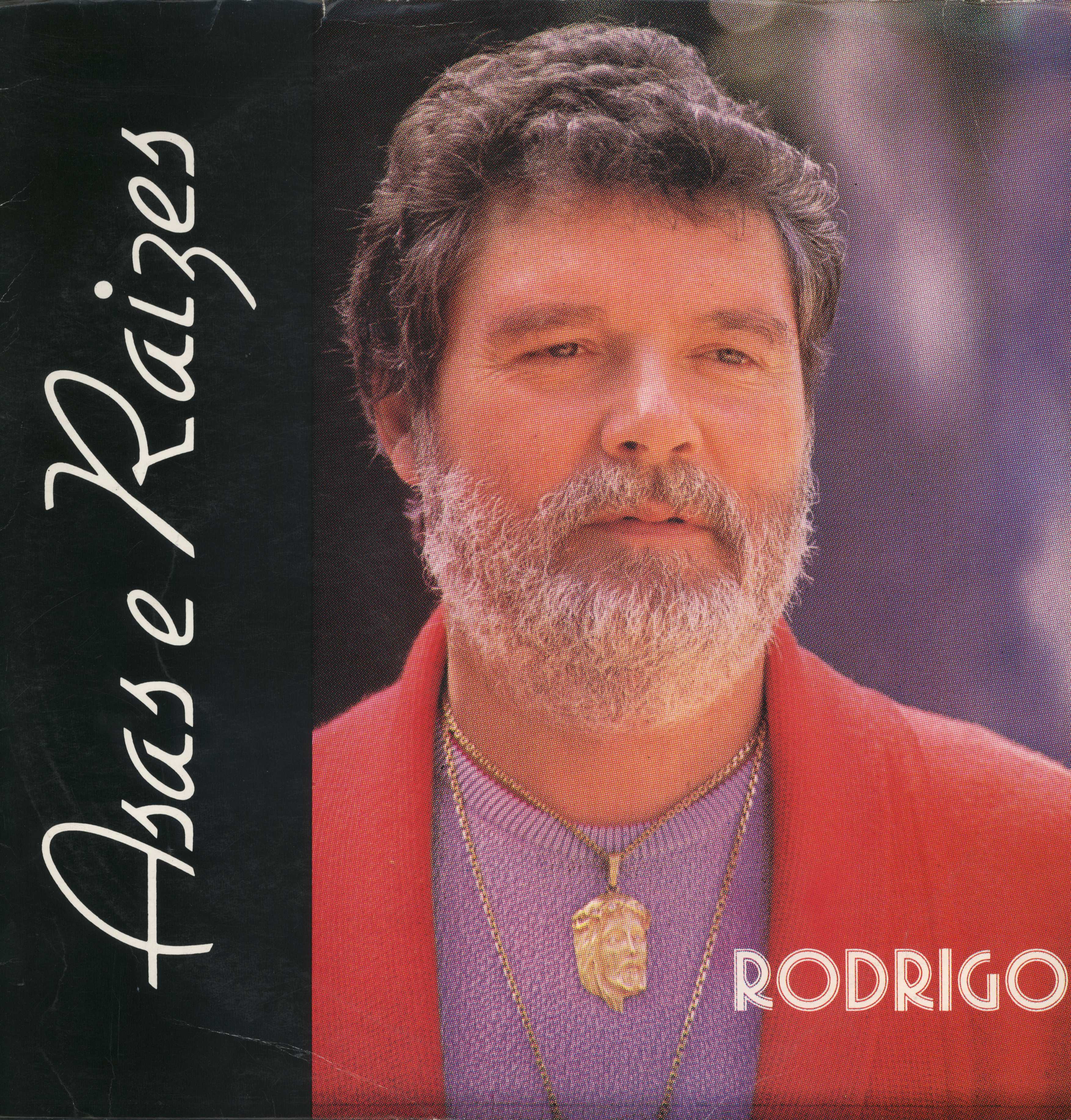Know more:
Rodrigo
(N. 29 June, 1941)He was born in a family with great economic difficulties, so he quit school at 12 years old and started working at UTIC—an auto parts company—to help out his family. Later he joins the Companhia Nacional de Navegação, where he stayed until he was 19.
During this period he takes his first steps in music with a vocal band called "Os Cinco Réis", who interpreted Portuguese versions of Latin-American songs. This band records a record called "O Pepe" and performs at many TV shows. Meanwhile, Rodrigo is called to the army and the band comes to an end.
At 21, Rodrigo emigrates for the first time, going to France with the desire to discover and learn new things. The day before the journey, he and his friends end the night at a fado house at Alcântara, "Cesária", a unique experience to Rodrigo, not only because of the surrounding environment, but also for singing for the first time the only fado he knew at the time: "Biografia do Fado", by Carlos Ramos. This was his “presentation to fado", which delighted him and was a success among those who heard him sing.
This moment marks his life and during his stay in France he would tune in Emissora Nacional to listen to fado on its shows.
Rodrigo returns to Portugal at 26 years old. He frequently visits and sings at fado houses in and around Cascais, where he meets a unique fado singer’s generation: Teresa Tarouca, António Melo Correia, João Braga, José Pracana, Carlos Zel, Carlos Guedes Amorim, Teresa Siqueira, and many others. He started being invited to live shows and was invited to do his first recording.
He became a professional in 1975, but recorded his first records, such as "Eu sou povo e canto esperança", as an amateur, in 1973.
National fame will come with the album "Coentros e Rabanetes", released in 1976, along with countless concerts, interviews and TV shows. Rodrigo is even invited to a Gala at Casino da Figueira da Foz.
In the beginning of the 1980s, he opens his own fado house, in Birre, located at the outskirts of Cascais, "O Arreda", followed by "Picadeiro" and "Estribo", which later became "Forte D. Rodrigo", dedicating himself almost exclusively to his great passion, fado.
In the mid-80s he was one of the encouragers of the União Portuguesa de Artistas de Variedades (UPAV).
Thanks to this enormous success, he makes many trips and shows, highlighting the strong connection with the Portuguese communities spread around the world. Every show is prepared with attention to the smallest detail, from the attentive choice of repertoire, to the accompanying musicians—usually António Parreira, José Nobre Costa on the Portuguese guitar, Francisco Gonçalves and Raúl Silva on the Spanish guitar—and a small introduction about the poem about to be sung.
He received the Honoray Citizen title by the State Senate of Rhode Island (U.S.A.)
Among his repertoire, we highlight the great hits: "Cais do Sodré" by Francisco V. Bandeiras, "Gente do Mar" and "Eu sou povo e canto esperança" by João Dias, "Coentros e Rabanetes" by Jorge Atayde.
With a very particular personality, Rodrigo is still a significant popularity case.
Source:
Museu do Fado – Interviewed on the 3 November 2006
http://rodrigofadista.blogspot.com
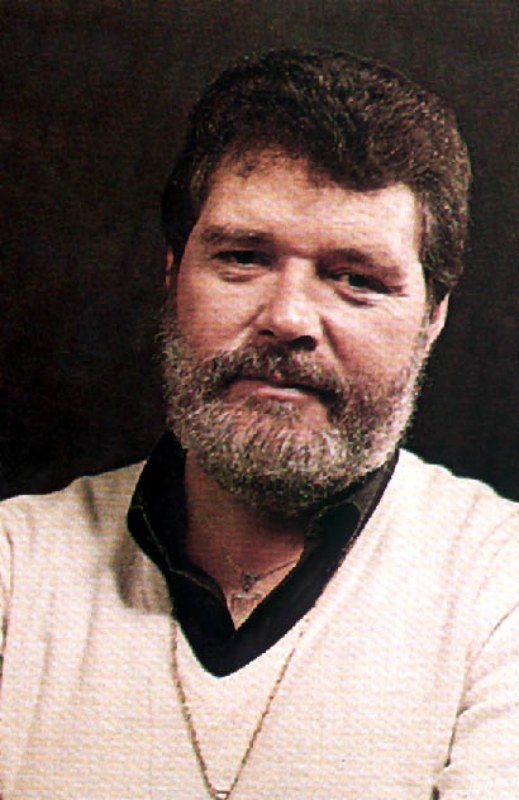
Rodrigo
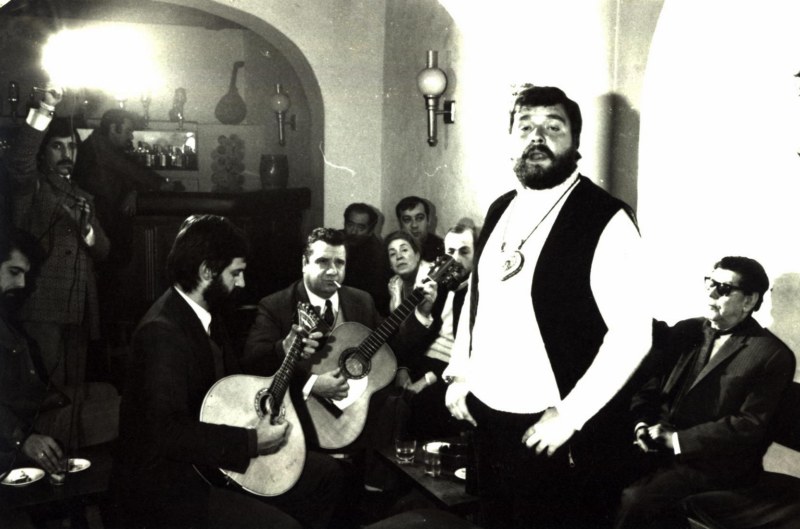
Rodrigo
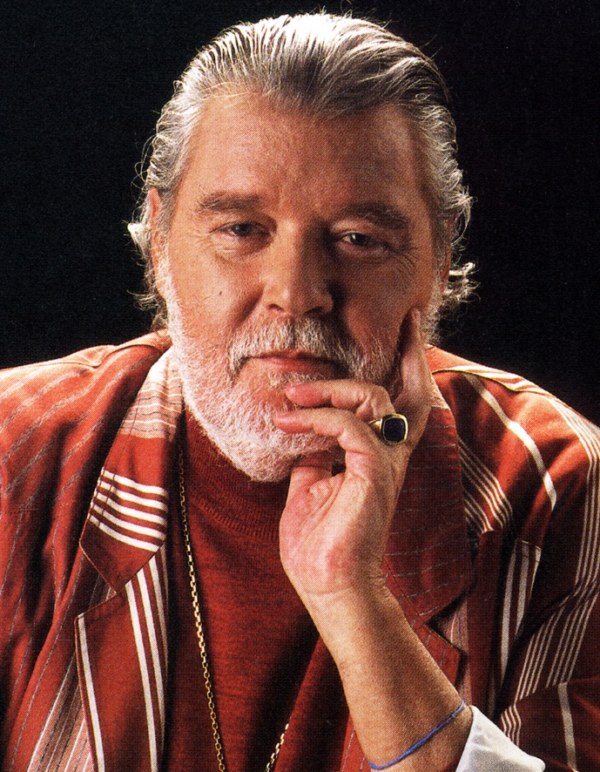
Rodrigo
-
A Última Tourada Real de Salvaterra Rodrigo (Maria Manuel Cid / Miguel Ramos)
